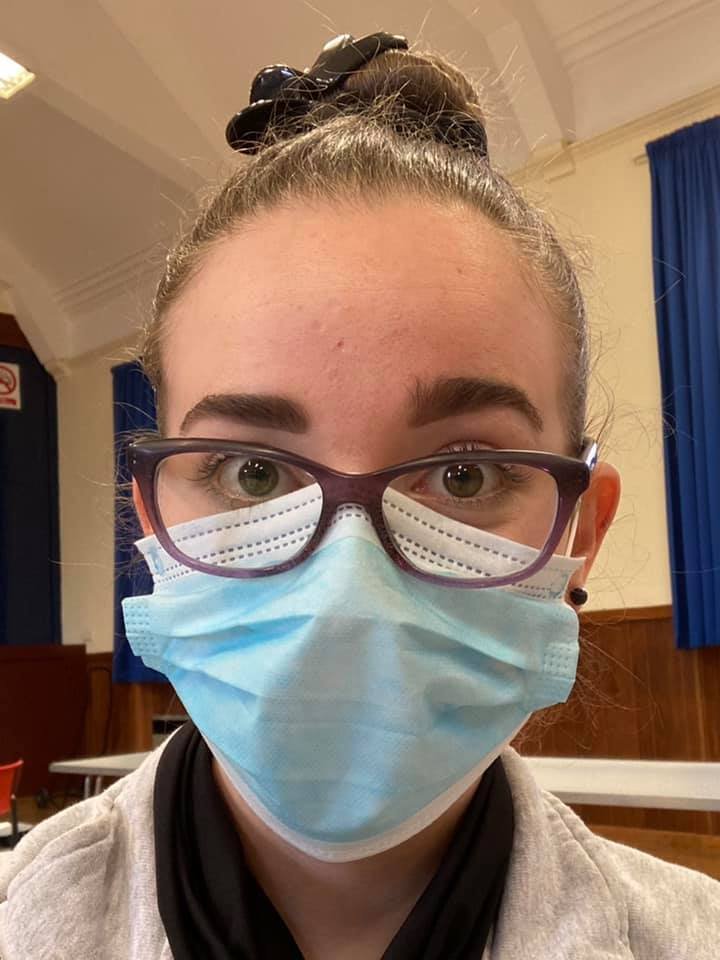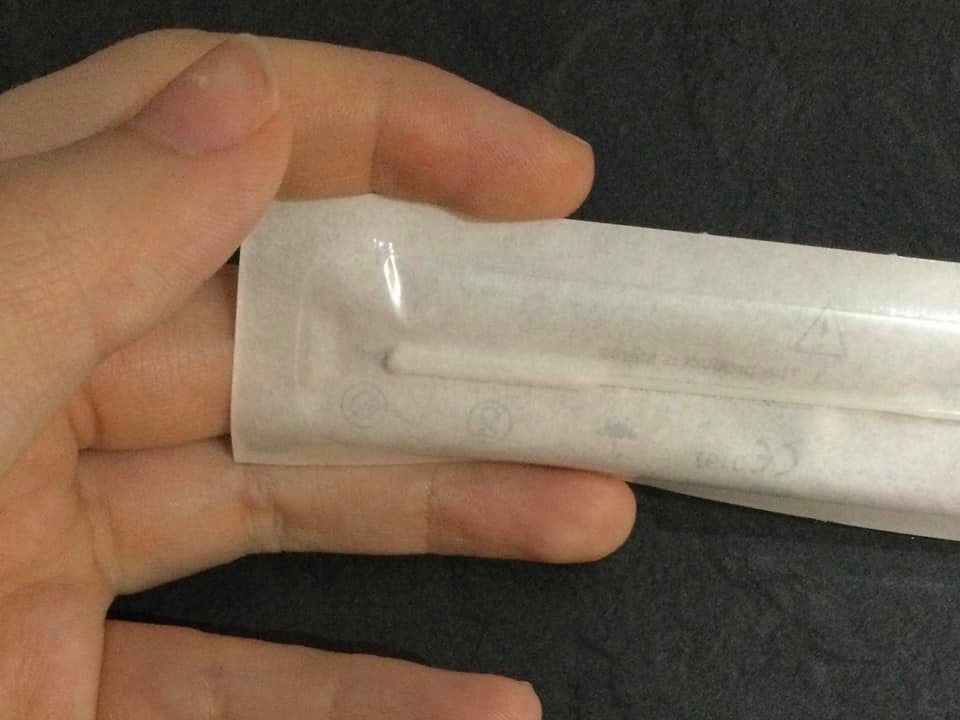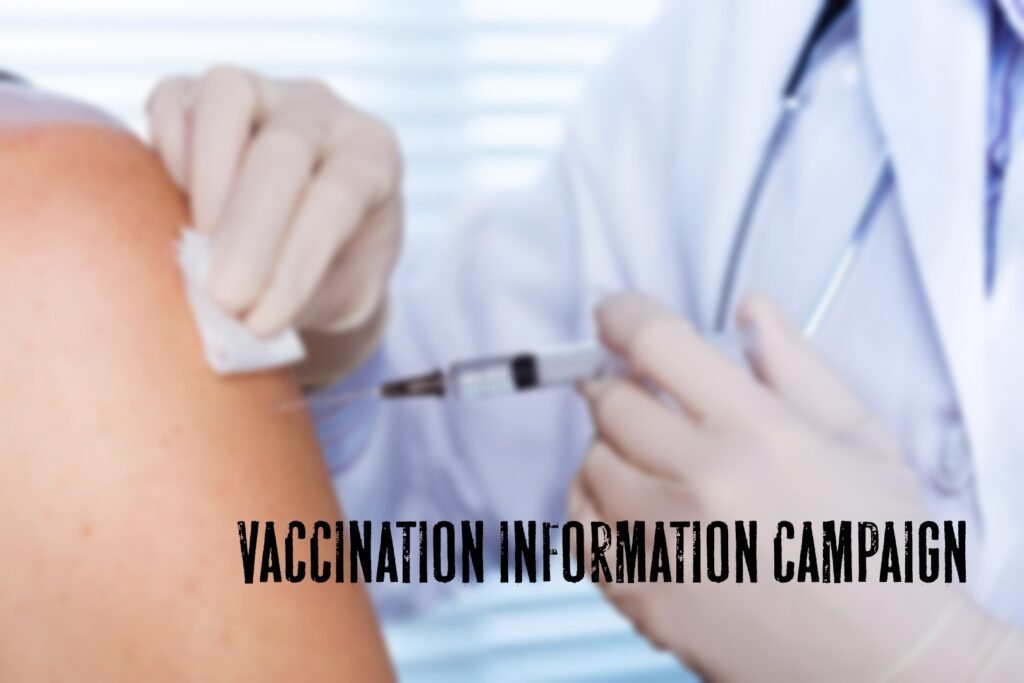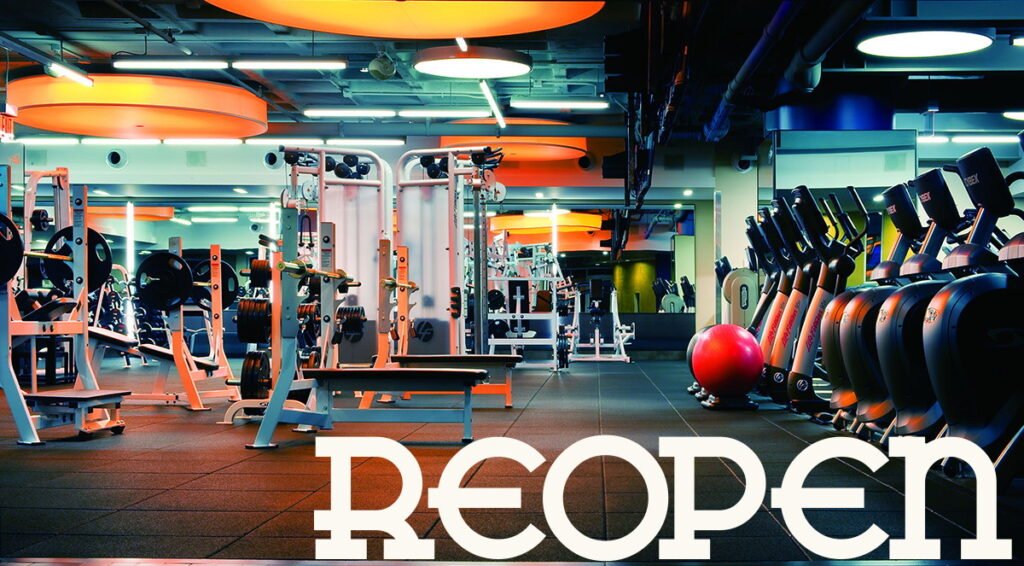Peterhead Community Test Centre 1 week
Peterhead Community Test Centre – After a successful first week
Author: Morven Jane
I wanted to share some information about the site to make people feel more comfortable about visiting.
Community testing allows for early identification of outbreaks and reassures you that you can safely go about your essential duties.
If you are an employer, encouraging your staff to be tested can give you peace of mind, at no cost to your business.
If you are already being offered testing, e.g. teachers, but are apprehensive, we will guide you through the process and hopefully give you the confidence to test at home in the future.
Our Peterhead Community Test Centre is based in the Rescue Hall on Prince Street and is open 8.00AM – 7.30PM every day, including weekends, until at least late May.
Anyone who lives/works/studies/shops in Peterhead and the surrounding area can come along up to twice a week for a self administered lateral flow test, which obtains results in less than an hour.
Being tested counts as essential travel, but we encourage you to visit as part of another essential journey, such as before a grocery shop or at school drop off.


All ages are welcome, but those aged 12-17 should have consent from a guardian and those under 12 must have a guardian with them to assist with the swabbing process.
If you need additional support, you can come along with other members of your household support bubble, such as a carer or translator (although we do have translation facilities available).
Peterhead Community Test Centre
Please note that staff cannot administer any swab test. To be eligible for testing you must not have any coronavirus symptoms (new persistent cough, fever, loss of change in taste or smell), have had a coronavirus vaccine in the last 3 days, or have tested positive for Covid in the last 90 days.
In addition, avoid eating or drinking anything in the half hour before you carry out the test.
On arrival we will take your name and a contact telephone number (only used if your test is positive, and destroyed at the end of each day).
Scanning a QR code opens the website where you will register your test – staff are on hand to assist with this if needed and tablets are available for those without a smartphone.
The form is quite long, but there’s no rush – you will be asked to stand on one of the socially distanced crosses while you complete it.
After registration, you will be taken to one of three testing booths where an operative will guide you through the swabbing process. Once seated, you may remove your mask and blow your nose.
Open the swab packet AT THE HANDLE END, just enough to pull the swab out.
Swipe the (tiny – see photo!) swab over each tonsil 4 times, taking care not to let the swab touch anything else (hands, table, tongue, teeth, etc.) then rotate the same swab inside one nostril 10 times (only going up until you feel resistance).
Insert the swab (swab end first) into the tube provided, then put your mask back on and wipe down your booth. You will leave the test centre following the one way system, where someone will provide you with an information leaflet. Your test result will be registered after 30 minutes and a text/email automatically sent to you.
Only if you do not have easy access to either of these may you wait in the centre to receive your result.In the unlikely event your result is positive, staff at the centre will contact you to arrange for PCR tests to be sent for all members of your household.
You and all in your household (including in extended household) MUST go home immediately and self isolate. If your PCR tests are negative, you may end your self isolation. A major misconception about community testing is that it is designed to increase the number of positive cases.
Undoubtedly some asymptomatic positive cases will be detected that would not have otherwise, however detecting these prevents them from spreading it to others, causing more positive cases in the following weeks. In addition, by testing asymptomatic individuals, the percentage of positive tests will likely decrease as most at the site will receive a negative result.
I hope this has reassured people who are apprehensive about being tested and highlighted the importance of community testing.
We hope to see you soon!
Peterhead Community Test Centre and Morven Jane

Peterhead.Live on Facebook or Twitter to get more actual information





